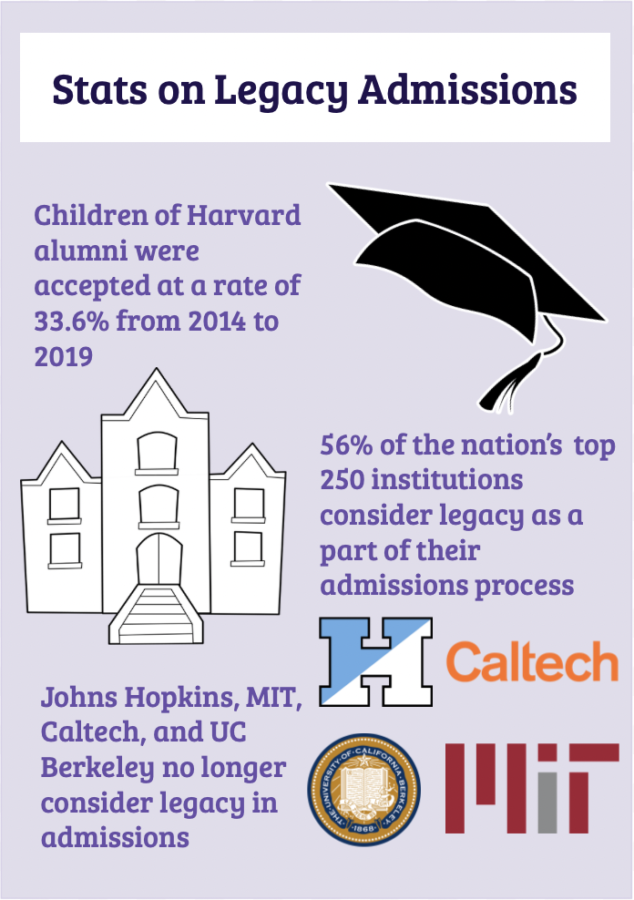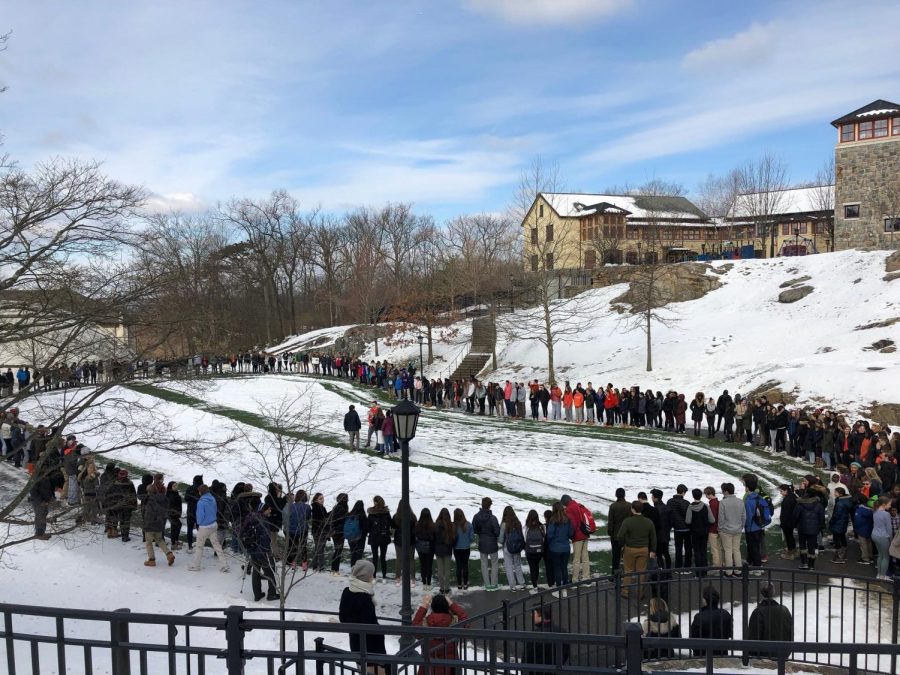Schools are supposed to offer the highest level of education possible. However, according to some students, Hackley falls short of this goal by not offering the widest possible array of AP courses. But although the concept of a school declining to offer students an opportunity to study more advanced material seems contradictory, I agree with Hackley’s decision to only offer slightly more than half of the 44 available AP courses.
In the past, Hackley used to offer many more AP courses, including official AP English and History courses, but the last decade has seen a retreat from AP courses, particularly in the humanities. Yet this shift away from AP courses has not changed the standing of Hackley in the eyes of colleges, as shown in data collected by the College Counseling Department.
For a school with Hackley’s academic reputation, where courses are already quite challenging and time-consuming, AP courses are almost entirely about the two letters that colleges see on your transcript. If AP courses didn’t exist, I’m certain that Hackley would still offer stimulating and difficult courses that matched or even exceeded the AP curriculum. In fact, one will find that some teachers believe that Hackley’s non-AP courses are already more difficult than the AP curriculum.Thus, offering more AP courses, and thereby creating a distinction between AP and non-AP courses is essentially pointless.
Considering that all students in a class have the option to take the AP exam in their subject, there is no need to have a bevy of classes with an AP attached to them. I am not enrolled in any official AP courses this year, yet I am planning to take two or three AP exams anyway. Considering the amount of homework I get from these classes every day, I cannot imagine how the AP curriculum could be any more “advanced.”
One must also consider the merits of certain AP curriculums themselves. While the College Board generally does a decent job at designing courses, AP courses can be educationally restricting to the teachers who teach them. It is very difficult to deviate from a lesson plan that is designed to take up an entire school year and prepare students for one specific exam. Because the Board owns a monopoly on these AP courses, they can basically impose whatever they want on schools and teachers.
For the average, ambitious Hackley student, the lack of some AP courses may seem like a hindrance. But from an educational standpoint, this shortfall is either a non-issue because of Hackley’s existing courses and the availability of the AP exam, or a positive move towards varied course structure and educational excellence. The AP courses that Hackley already offers in the sciences and in languages are both educationally valuable and are useful for college. Offering courses that only benefit the latter is counterproductive.
My two history courses, 20th Century World and Modern European History, are both “non-AP” courses, yet I find that both classes are demanding and filled with nuanced discussion about history that I can take part in. I had several friends in other schools who opted to take the AP World History course that was offered at their schools last year, and heard a deluge of complaints about the rapid pace of the class and the annoyance of being allotted only a surface-level analysis of interesting historical events. The course stretched from neolithic man to the 21st century, which condensed over seven thousand years of history into a single nine-month course, and then one three-hour exam. I will take my non-AP Hackley courses any day of the week.





